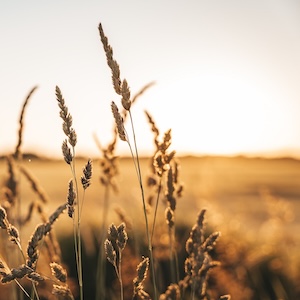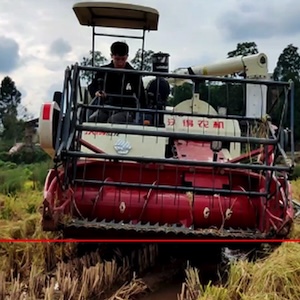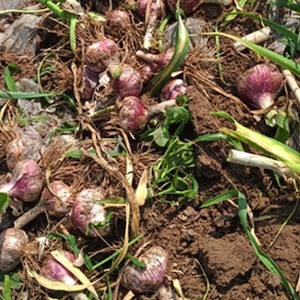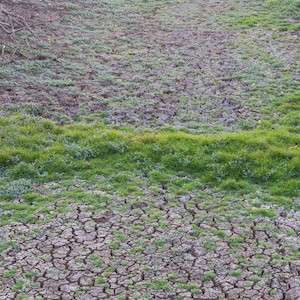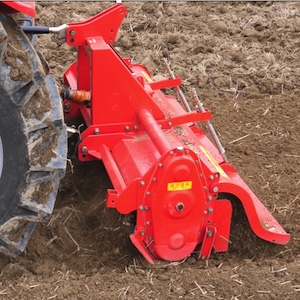Technological innovation in the winery addressing oenology 4.0: testing of an automated system for the alcoholic fermentation management
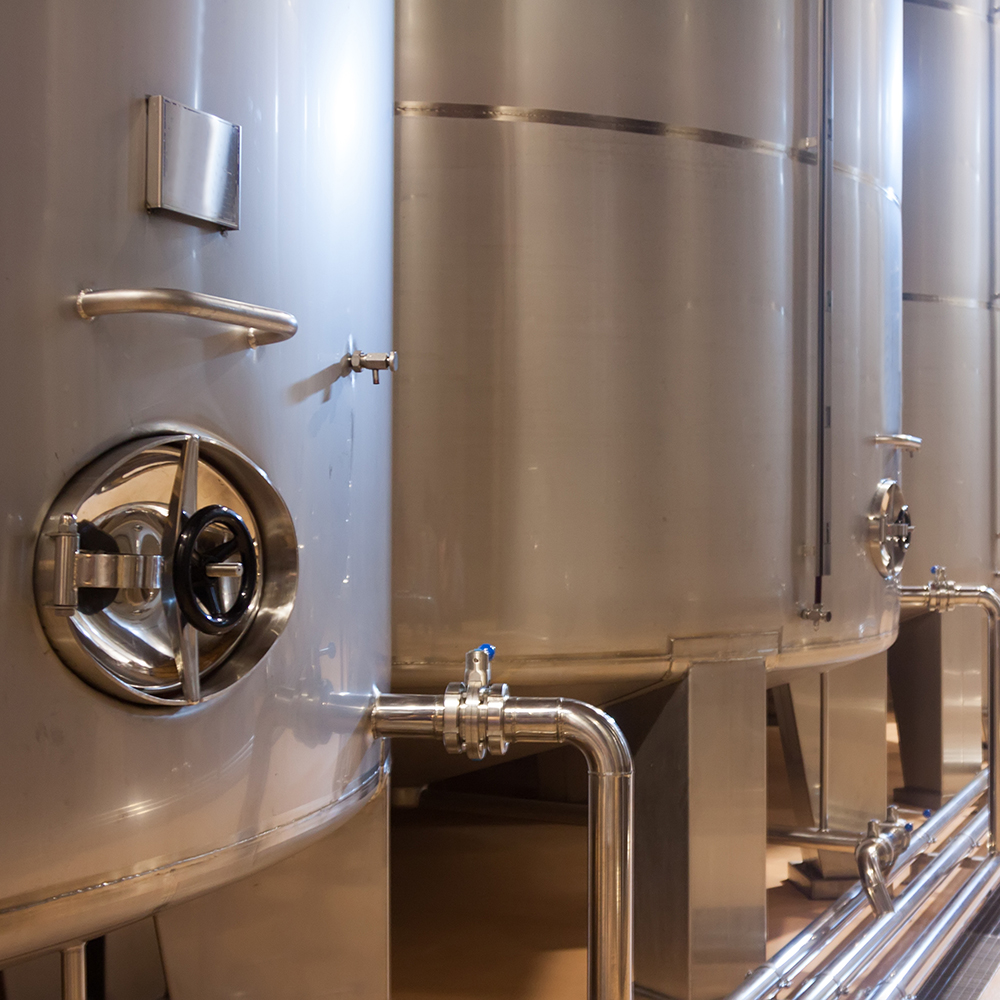
Published:23 December 2021
Abstract Views: 736
PDF: 456
Appendix: 125
HTML: 111
Appendix: 125
HTML: 111
Publisher's note
All claims expressed in this article are solely those of the authors and do not necessarily represent those of their affiliated organizations, or those of the publisher, the editors and the reviewers. Any product that may be evaluated in this article or claim that may be made by its manufacturer is not guaranteed or endorsed by the publisher.
All claims expressed in this article are solely those of the authors and do not necessarily represent those of their affiliated organizations, or those of the publisher, the editors and the reviewers. Any product that may be evaluated in this article or claim that may be made by its manufacturer is not guaranteed or endorsed by the publisher.
Similar Articles
- Francesco Barreca, Giuseppe Modica, Salvatore Di Fazio, Viviana Tirella, Raimondo Tripodi, Carmelo Riccardo Fichera, Improving building energy modelling by applying advanced 3D surveying techniques on agri-food facilities , Journal of Agricultural Engineering: Vol. 48 No. 4 (2017)
- Marco Fiala, Jacopo Bacenetti, Model for the economic, energy and environmental evaluation in biomass productions , Journal of Agricultural Engineering: Vol. 43 No. 1 (2012)
- Lucia Recchia, Daniele Sarri, Marco Rimediotti, Paolo Boncinelli, Enrico Cini, Marco Vieri, Towards the environmental sustainability assessment for the viticulture , Journal of Agricultural Engineering: Vol. 49 No. 1 (2018)
- Alberto Cadei, Omar Mologni, Luca Marchi, Francesco Sforza, Dominik Röser, Raffaele Cavalli, Stefano Grigolato, Energy efficiency of a hybrid cable yarding system: A case study in the North-Eastern Italian Alps under real working conditions , Journal of Agricultural Engineering: Vol. 52 No. 3 (2021)
- Valentina Giovenzana, Alessandra Fusi, Roberto Beghi, Riccardo Guidetti, Energy analysis to assess the environmental sustainability of the dairy chain , Journal of Agricultural Engineering: Vol. 43 No. 3 (2012)
- Jacopo Bacenetti, Sara González-García, Aira Mena, Marco Fiala, Life cycle assessment: an application to poplar for energy cultivated in Italy , Journal of Agricultural Engineering: Vol. 43 No. 2 (2012)
- Alvaro Marucci, Adolfo Gusman, Barbara Pagniello, Andrea Cappuccini, Limits and prospects of photovoltaic covers in Mediterranean greenhouses , Journal of Agricultural Engineering: Vol. 44 No. 1 (2013)
- Francesco Barreca, Pasquale Praticò, Giuseppe Davide Cardinali, A low-energy storage container for food and agriculture products , Journal of Agricultural Engineering: Vol. 52 No. 3 (2021)
- Andrea Casson, Valentina Giovenzana, Alessio Tugnolo, Alessia Pampuri, Ilaria Fiorindo, Roberto Beghi, Riccardo Guidetti, Assessment of an expanded-polypropylene isothermal box to improve logistic sustainability of catering services , Journal of Agricultural Engineering: Vol. 52 No. 2 (2021)
- Valentina Giovenzana, Roberto Beghi, Riccardo Guidetti, Massimiliano Luison, Tiziana Nardi, Evaluation of energy savings in white winemaking: impact of temperature management combined with specific yeasts choice on required heat dissipation during industrial-scale fermentation , Journal of Agricultural Engineering: Vol. 54 No. 3 (2023)
You may also start an advanced similarity search for this article.

 https://doi.org/10.4081/jae.2021.1213
https://doi.org/10.4081/jae.2021.1213 




